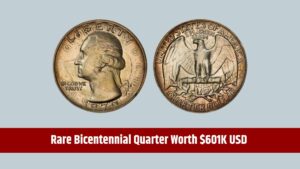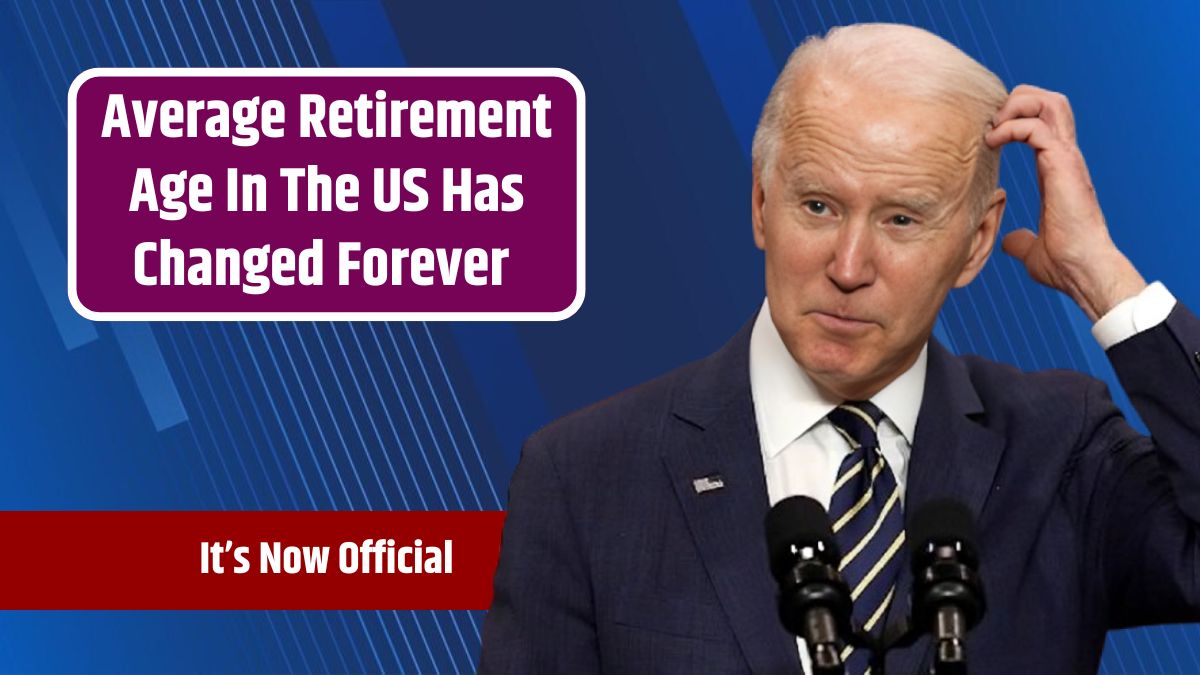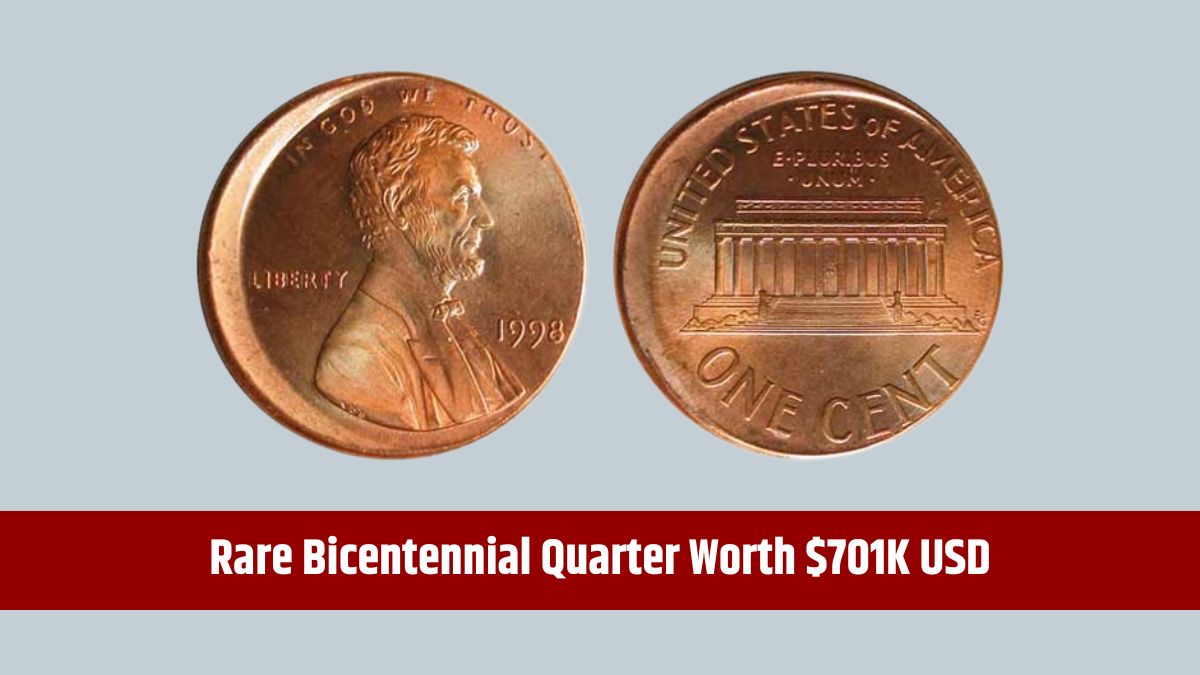As the U.S. continues to recover from the economic effects of the COVID-19 pandemic, many people may be unaware that the IRS still holds unclaimed stimulus checks. These payments, intended to provide financial relief, have gone unclaimed by thousands of eligible recipients. If you haven’t received your stimulus check or believe you are entitled to more, you could still claim your payment—even years after they were initially distributed.
Here’s what you need to know about unclaimed stimulus checks and how to claim yours.
Stimulus Checks
Stimulus checks are typically distributed during periods of economic hardship to boost spending and provide relief to individuals and families. During the COVID-19 pandemic, the federal government issued three rounds of stimulus checks as part of its response:
- First round: March 2020
- Second round: December 2020
- Third round: March 2021
Eligibility for these checks was based on factors such as income, family size, and tax filing status. While the majority of payments were issued automatically, some people may have missed theirs, especially if they had changes in their financial or personal circumstances during those years.
If you didn’t receive a payment during these rounds or believe you qualify for a larger amount, you can still claim any unclaimed stimulus money by filing for the Recovery Rebate Credit on your tax return. It’s important to know that even if you don’t normally file taxes, you may still be eligible.
How to Claim
The process to claim any unclaimed stimulus money is straightforward, but it requires taking specific steps. While it’s no longer possible to claim the 2020 Recovery Rebate Credit, you can still file for the 2021 Recovery Rebate Credit up until April 15, 2025.
To claim the payment, follow these steps:
1. Check Eligibility
Before filing a tax return, confirm whether you’re eligible to receive any unclaimed stimulus payments. The IRS provides a useful tool called the “Get My Payment” portal, which allows you to check the status of your payments. If you suspect you missed a payment, you can review eligibility criteria on the IRS website to determine if you qualify. For instance, changes in income, household size, or Social Security numbers can affect eligibility.
2. File a Federal Tax Return
To claim the Recovery Rebate Credit, you must file a federal tax return, even if you don’t normally file taxes due to low income. The credit can either boost your tax refund or reduce the taxes you owe. You can file your return electronically or by mail. Ensure that all household and income information is accurate to avoid delays.
3. Claim the Recovery Rebate Credit
For the 2023 tax year, the Recovery Rebate Credit can be claimed on your tax return. This credit will allow you to receive any stimulus money owed from previous rounds. The IRS will automatically apply the credit toward any outstanding stimulus payments once your return is processed.
4. Get Assistance If Needed
Filing taxes can be confusing, especially if you’re unfamiliar with the process. To help, the IRS offers the Volunteer Income Tax Assistance (VITA) program, which provides free tax preparation services for qualifying individuals. The program is designed to assist people with low to moderate incomes, persons with disabilities, and limited English speakers.
You can access VITA services at this link: VITA Free Tax Assistance. Alternatively, a tax professional can help ensure that your filing is accurate and you receive all the stimulus payments you are owed.
Who Qualifies
To claim the Recovery Rebate Credit, you must meet certain criteria:
- You must have been a U.S. citizen or a documented resident alien during the relevant tax year.
- You must not have been claimed as a dependent by another taxpayer.
- You must have a Social Security number valid for employment, which was issued before the tax return’s due date, including extensions.
It’s also important to note that stimulus checks are based on your adjusted gross income (AGI). Single filers with an AGI of $75,000 or less and joint filers with an AGI of $150,000 or less were eligible for full payments. Higher earners received reduced amounts, which phased out at specific income thresholds.
Why You Should Claim
Many individuals may feel that the paperwork and effort required to claim unclaimed stimulus payments isn’t worth it. However, this money can be an important financial boost, especially as families continue to deal with post-pandemic economic challenges. Whether you receive the funds as a tax refund or to offset any taxes owed, it can make a difference.
Stimulus payments were designed to help Americans weather economic uncertainty, and if you qualify, you’re entitled to this financial relief. Don’t miss out on money that could help you cover expenses, pay down debt, or even bolster your savings.
Final Thoughts
If you believe you’re eligible for a missed or additional stimulus payment, it’s not too late to claim it. By checking your eligibility and filing a tax return that includes the Recovery Rebate Credit, you can ensure that you receive the financial relief you deserve. Remember, even if you typically don’t file taxes, you may still qualify for this benefit.
For those who find the process difficult, the IRS’s VITA program or a tax professional can provide much-needed assistance, ensuring that everything is filed accurately and on time. With the deadline to claim the 2021 Recovery Rebate Credit set for April 2025, now is the perfect time to act.
FAQs
What is the Recovery Rebate Credit?
It’s a tax credit that allows you to claim missed stimulus payments by filing a tax return.
How long do I have to claim my 2021 stimulus payment?
You can claim it through the Recovery Rebate Credit until April 15, 2025.
Do I need to file taxes to claim my stimulus check?
Yes, you must file a tax return, even if you don’t normally file due to low income.
How can I check if I missed a stimulus payment?
Use the IRS’s “Get My Payment” portal to check your payment status.
Where can I get help filing my taxes?
The IRS recommends using the VITA program for free tax assistance or consulting a tax professional.






